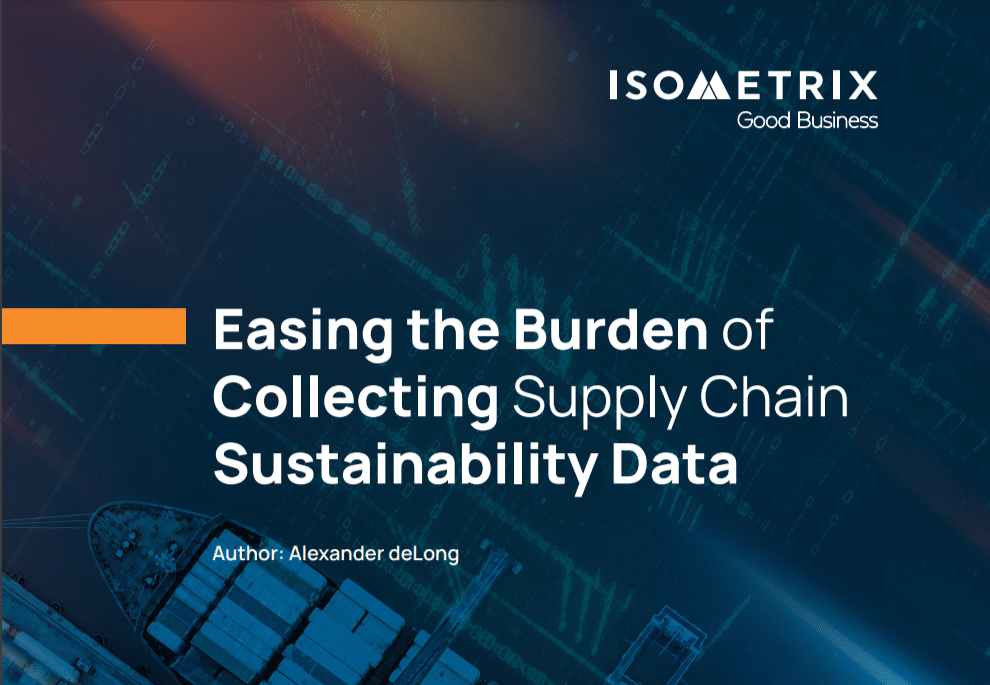Easing the Burden of Collecting Supply Chain Sustainability Data

In today’s global business landscape, supply chain sustainability has become a focal point for companies striving to meet consumer demand for environmentally responsible practices. The pressure to meet these sustainability goals is mounting, with organizations facing increased scrutiny from regulators, customers, and stakeholders. As a result, supply chain leaders are tasked with gathering comprehensive sustainability data from suppliers worldwide to ensure compliance and drive sustainable practices throughout the supply chain.
Key Challenges in Collecting Supply Chain Sustainability Data
Collecting accurate and timely sustainability data is no small feat. The supply chain ecosystem is diverse, often involving multiple suppliers across various regions with differing sustainability practices. These challenges include:
- Data Inconsistency: Suppliers may report data in varying formats, making it difficult to standardize.
- Lack of Transparency: Many suppliers do not provide full visibility into their sustainability practices.
- Geographical Barriers: Different regulations and environmental standards across regions can create data gaps.
- Manual Processes: Relying on outdated, manual data collection methods is time-consuming and prone to errors.
These hurdles make it crucial for businesses to adopt strategic approaches to streamline data collection while maintaining data accuracy and relevance.
The Importance of Data Quality in Sustainability
As sustainability initiatives grow, ensuring high-quality data is critical to forming the basis of successful, actionable strategies. Companies must gather, track, and analyze data not only to fulfill compliance requirements but also to continuously improve their sustainability efforts. Poor data quality can lead to misguided decisions and hinder a company’s ability to meet long-term sustainability goals.
Leveraging Technology for Data Collection and Reporting
One of the most effective ways to ease the burden of collecting and managing supply chain sustainability data is through technological solutions. Key innovations include:
- Automation: Automating data collection and reporting reduces the risk of errors and accelerates the process.
- Data Analytics Platforms: These tools aggregate and analyze data, offering actionable insights for improving sustainability practices.
- Blockchain Technology: Blockchain provides a transparent and secure method of tracking supply chain data, ensuring its integrity and fostering trust between stakeholders.
- Cloud-Based Solutions: These allow businesses to store and access data from anywhere, facilitating collaboration across global supply chains.
Optimize Your Supply Chain Sustainability Strategy with IsoMetrix
The future of supply chain sustainability lies in the effective management of data. By adopting strategic, technological, and collaborative approaches, businesses can ease the burden of data collection while driving meaningful improvements in sustainability performance.
Download our whitepaper today to learn more about how to optimize your supply chain sustainability strategy, gain a competitive edge, and build a more resilient, transparent, and sustainable business.
